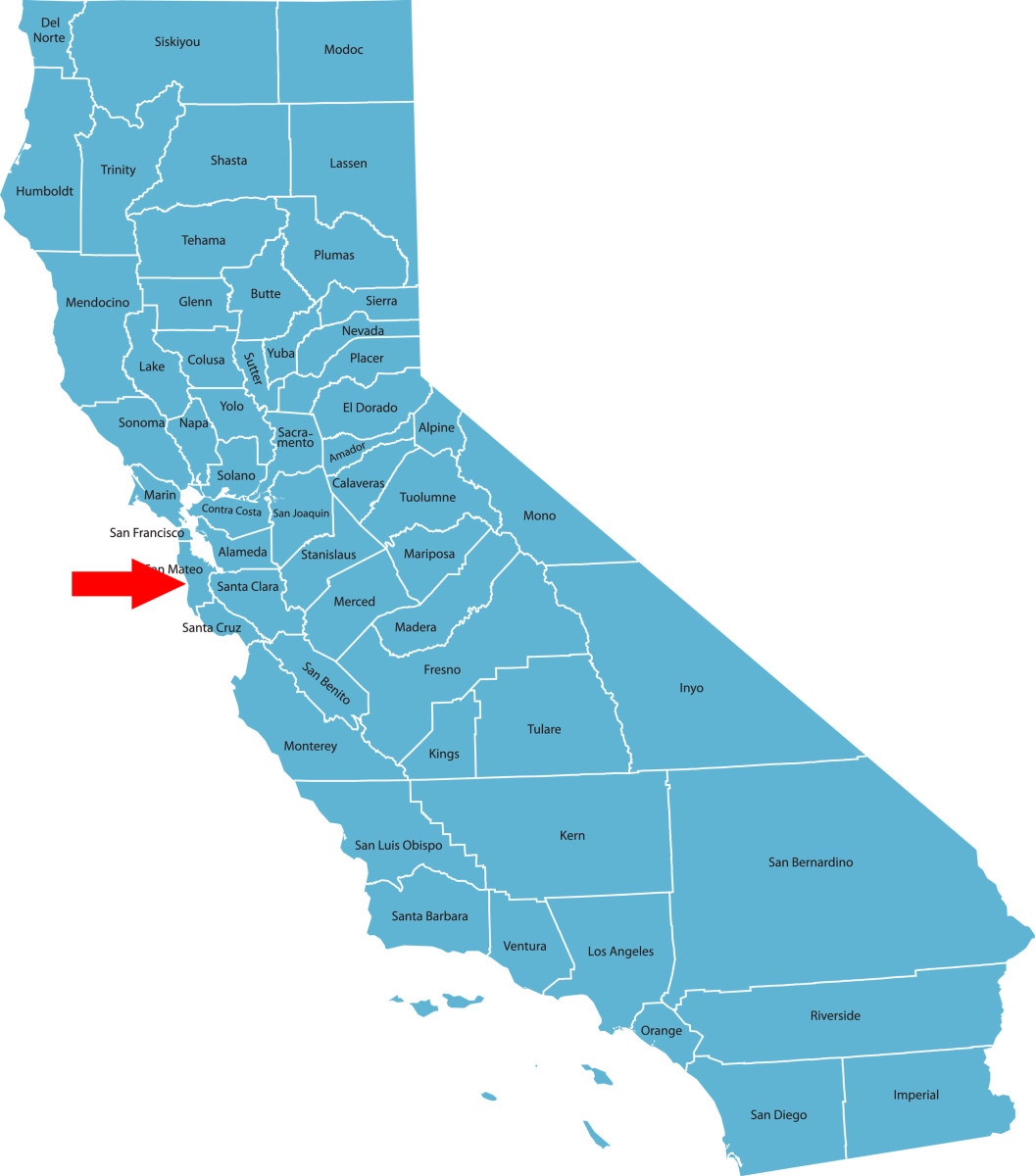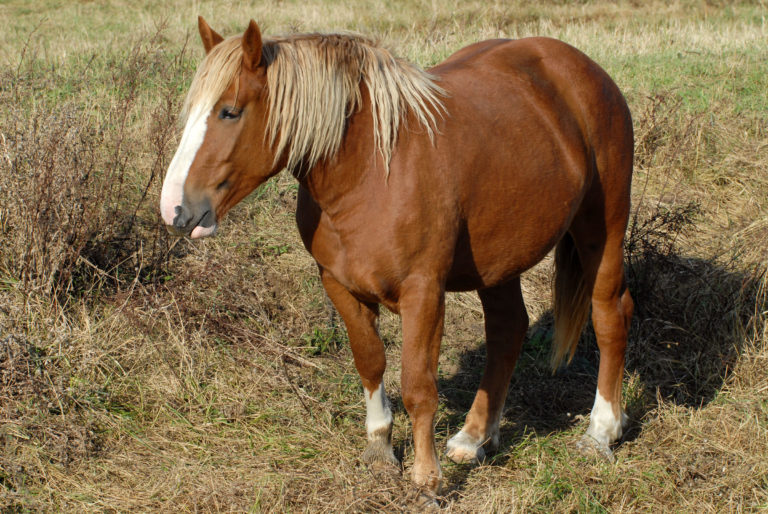
Update February 23: Four additional horses from the index premises displaying fever only with no neurological signs were confirmed positive for EHV-1 on February 22 and have been isolated at the index premises. To date, two EHM cases (EHV-1 positive with neurologic signs) and 21 EHV-1 febrile-only cases have been confirmed. The quarantine will be released when all positive horses have had two consecutive negative tests seven days apart. CDFA continues to actively monitor the situation.
Update February 10: One additional horse from the index premises, a 15-year-old Thoroughbred gelding, displaying fever only with no neurological signs, was confirmed positive for EHV-1 on February 9 and has been isolated at the index premises. To date, two EHM cases (EHV-1 positive with neurologic signs) and 12 EHV-1 febrile-only cases have been confirmed. The quarantine will be released when all positive horses have had two consecutive negative tests seven days apart. CDFA continues to actively monitor the situation.
Update February 9: An alert from the EDCC and CDFA reported two additional horses from the index premises—an 11-year-old Warmblood gelding and a 20-year-old Warmblood mare, displaying fever only with no neurological signs—were confirmed positive for EHV-1 on February 8 and have been isolated at the index premises. To date, two EHM cases (EHV-1 positive with neurologic signs) and 11 EHV-1 febrile-only cases have been confirmed. The quarantine will be released when all positive horses have had two consecutive negative tests seven days apart. CDFA continues to actively monitor the situation.
The California Department of Food and Agriculture (CDFA) has confirmed cases of neurologic equine herpesvirus (also known as equine herpesvirus myeloencephalopathy or EHM) and horses positive for EHV-1 at a boarding facility in San Mateo County. There are 300 other horses potentially exposed. An official quarantine is in place.
A 22-year-old Paint gelding had acute onset of neurological signs on January 28 and was confirmed positive for EHV-1, non-neuropathogenic strain, on January 28. The horse was afebrile and was isolated at his home premises. He was euthanized due to poor prognosis.
A 19-year-old Arabian gelding that was transiently febrile the week prior was sent to a referral hospital on January 24. The Arabian gelding remained isolated and quarantined offsite at the referral hospital at the time of this report.
A 15-year-old Thoroughbred gelding that was transiently febrile on January 24. He was tested on January 24 and confirmed positive for EHV-1. The Thoroughbred gelding had traveled to and from an equine event on January 23 prior to clinical signs. Event management was notified.
A 17-year-old Arabian/Quarter Horse gelding was confirmed positive for EHV-1 on January 31. He was transported to a veterinary referral clinic on January 29 and was isolated under quarantine at the veterinary clinic at the time of this report.
Three additional horses from the index premises displaying fever only have also been confirmed positive for EHV-1.
CDFA was onsite at the premises to conduct a site assessment and assist in implementing enhanced biosecurity measures, including twice daily temperature monitoring. CDFA continues to closely monitor the situation.
Information for this report came from the CDFA website; additional information about this outbreak can be found here.








